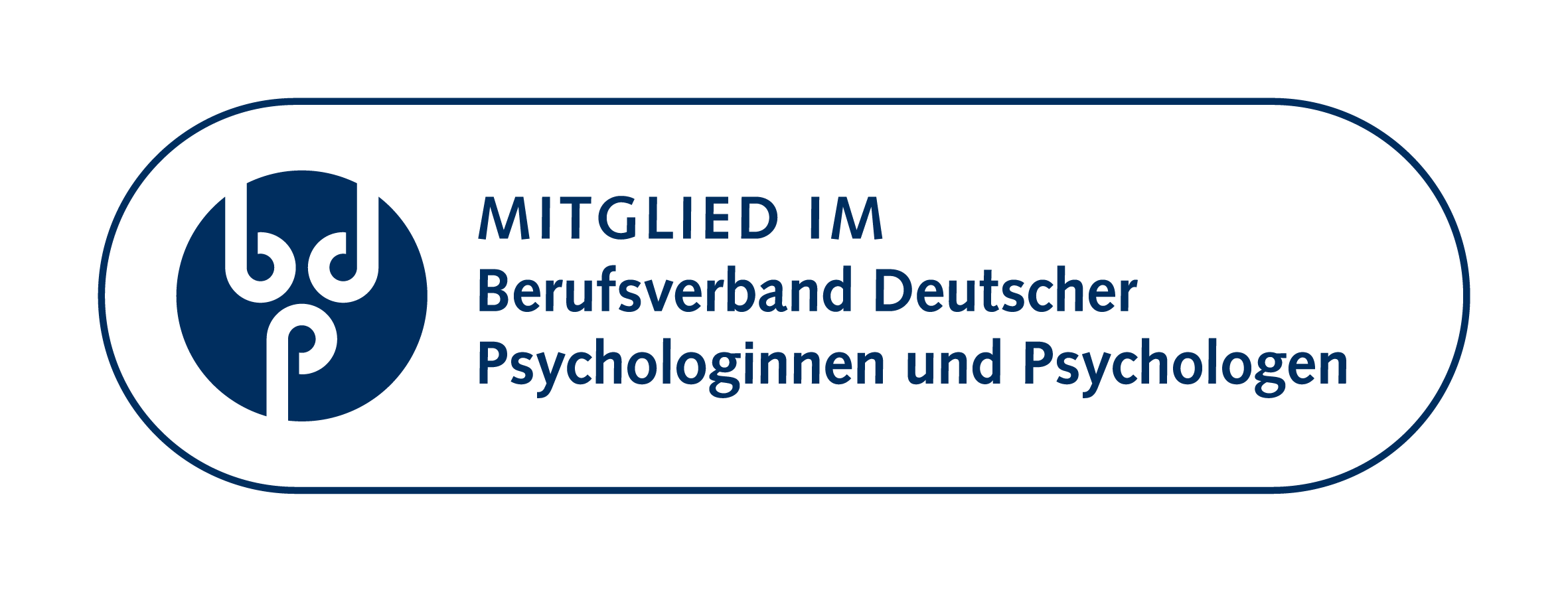Understanding Perfectionism: A Path to Healthier Living
As a psychologist, I often encounter individuals who strive for excellence, and there's nothing inherently wrong with that. However, when the pursuit of high standards becomes relentless, rigid, and tied to self-worth, it can transform into maladaptive perfectionism. This pattern can lead to significant stress, anxiety, procrastination, and a perpetual feeling of not being good enough. Taking a moment to reflect on your own tendencies is a powerful first step towards greater self-awareness and well-being.
Many people find themselves grappling with questions about their drive for perfection. Let's explore some common inquiries:
- Is perfectionism always a negative trait?
Not necessarily. Adaptive perfectionism can drive success, motivate growth, and lead to high-quality outcomes. It's about setting challenging goals and deriving satisfaction from achieving them, while also being flexible and resilient in the face of setbacks. The challenge arises with maladaptive perfectionism, where standards are often unattainable, mistakes are viewed as catastrophic, and self-worth is rigidly tied to flawless performance.
- How does perfectionism impact my daily life and well-being?
Unhealthy perfectionism can manifest in various ways, from chronic procrastination (due to fear of not doing it perfectly) and indecisiveness to excessive self-criticism and burnout. It can strain relationships, diminish enjoyment of achievements, and significantly contribute to anxiety, depression, and low self-esteem. The constant pressure to be flawless can lead to a cycle of stress and dissatisfaction.
- What are the signs that my perfectionism might be unhealthy?
Key indicators include an inability to complete tasks due to constant revising, excessive worry about making mistakes, intense self-criticism even for minor errors, difficulty delegating, feeling perpetually dissatisfied despite significant effort, and experiencing high levels of stress or anxiety related to performance. If these patterns resonate with you, it might be time to reflect on their impact.
- Can I overcome unhealthy perfectionistic tendencies?
Absolutely. While it's a process, developing a healthier relationship with your standards is entirely possible. It often involves challenging rigid thinking patterns, practicing self-compassion, learning to tolerate imperfection, setting realistic goals, and developing effective coping strategies for anxiety and stress. Therapy, especially Cognitive Behavioral Therapy (CBT), can be highly effective in addressing these patterns.
This self-assessment is a tool to help you gain initial clarity. It is:
- A quick, confidential self-assessment to reflect on your traits.
- Designed to explore common perfectionistic behaviors and their potential impact.
- A starting point for understanding your relationship with high standards and meticulousness.
Remember, recognizing these patterns is an act of strength and self-care. If you find that perfectionism is significantly affecting your well-being, please consider reaching out to a qualified mental health professional. They can provide personalized support and guidance on your journey toward a more balanced and fulfilling life.
























